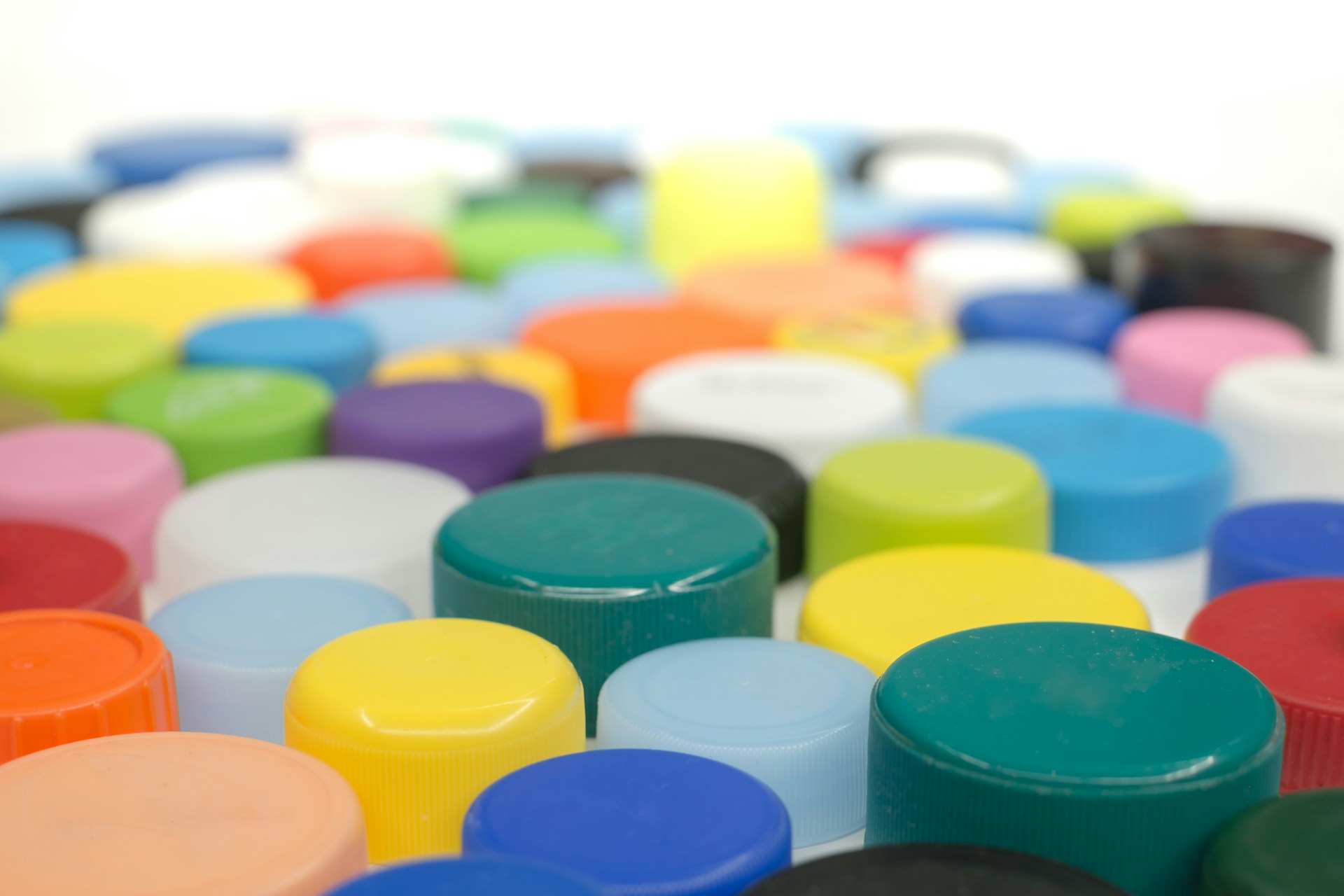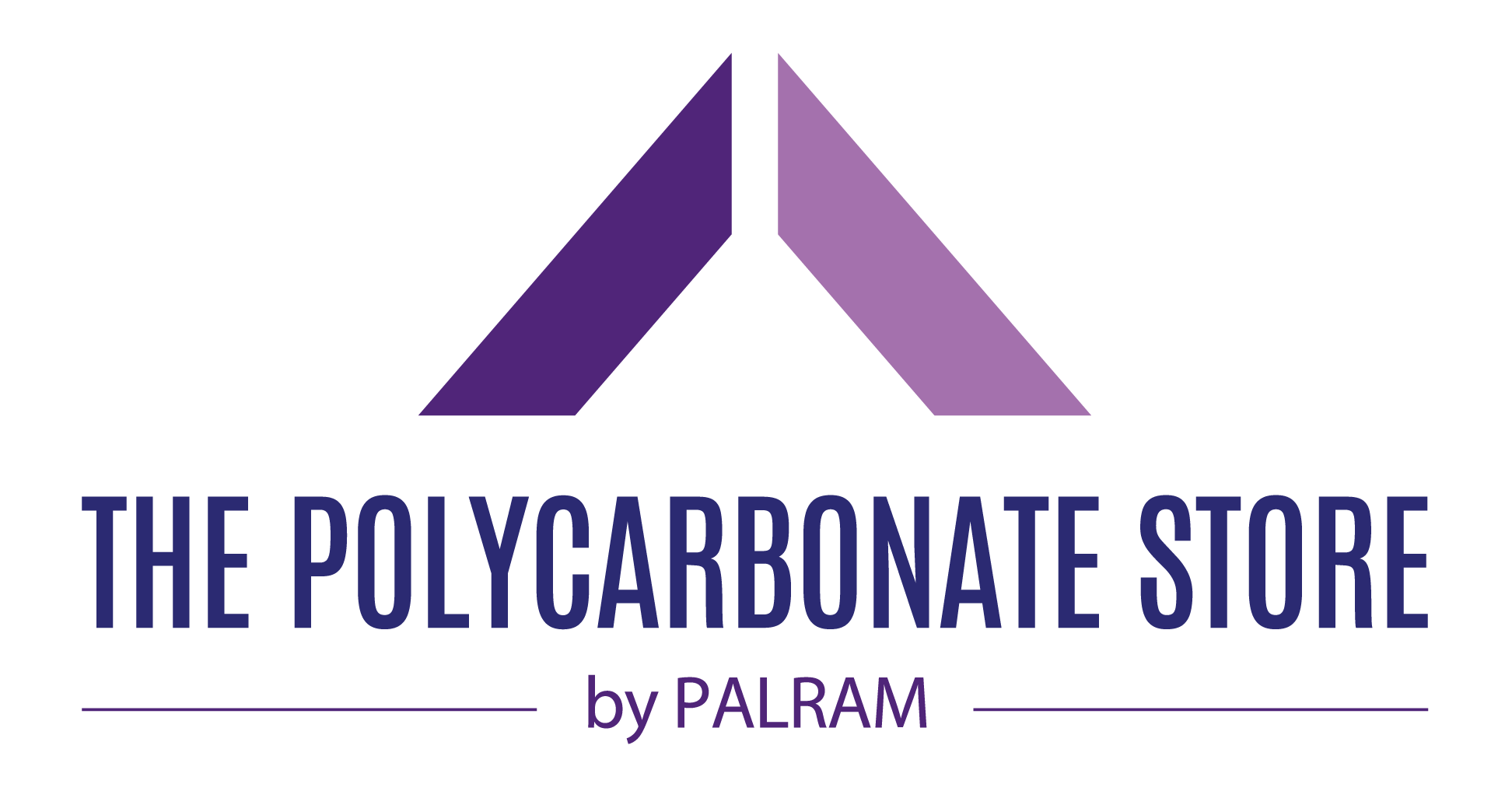Does Polycarbonate Contain BPA?
Polycarbonate is one of the most commonly used plastics in the world. This is due to its many applications across a wide range of industries, as well as its durability. It is a versatile, incredibly prominent material in our society, but why are people concerned about it? We answer all in the article below. But, first things first, does polycarbonate contain BPA?
Yes and no. Most of the polycarbonates in the world contain some levels of BPA, however, some types of polycarbonate are BPA-free. Saying that, using polycarbonate for non-food purposes (such as for building a greenhouse or carport) is entirely safe, as there is little to no risk of the chemical getting into your digestive system.
Read on to learn what BPA is, where it is found, and why polycarbonate that contains BPA is actually safe to use.


What is BPA?
BPA, scientifically known as bisphenol-A, is a chemical used in plastics and resin and has traditionally been a concern for some, due to its presence in plastics used for food and beverages.
Does Polycarbonate Contain BPA?
Not all types of polycarbonate contain BPA, but a large number of polycarbonate does. Polycarbonate sheets can be safe to use most of the time, but their safety largely depends on the application and exposure conditions.
So, is Polycarbonate Safe?
Polycarbonate sheets are widely used in construction, automotive, electronics, and other industries due to their durability and strength. For non-food-related applications, such as building a greenhouse, carport, or canopy, the risk of BPA exposure is very minimal as there is no direct ingestion. This removes almost all of BPA’s health risks.
Polycarbonate can start to release BPA at temperatures starting from 100°C (i.e. water boiling levels), however, in the UK, it is impossible to reach those temperatures outside. The record levels for UK heat have only ever reached 40.3 °C!
Why Are People Concerned Over BPA Use?
The concern around BPA is due to its potential health effects, which arise from its ability to disrupt endocrine function. In some BPA-containing plastics, there is a chance of BPA being transmitted into the products (mainly food items) that the plastic comes into contact with. This includes cans and bottles or food containers, plates and baby bottles, and less so polycarbonate sheets. However, it’s not as simple as this statement suggests.
Government agencies and businesses in the plastic industry have dedicated many years to this research, testing thousands of materials for BPA migration. They found that actually, the level of risk is extremely low. In fact, the potential migration of BPA into foods and drinks is barely measurable and it’s suggested it’s as low as 5 parts per billion (in essence, you’re much more likely to be struck by lightning or be involved in a plane crash, so it really isn’t worth worrying about!).
How Much BPA Do We Consume Daily?
The ‘acceptable’ daily dose of BPA to remain a healthy individual is 0.2 nanograms per kilogram of body weight per day, however, many people will never reach this, meaning that people need not worry when eating from or using plastic items. Of course, the BPA transmission may be higher under specific circumstances, such as excessive heat, but this usually doesn’t happen for many everyday items.
Final Thoughts
Polycarbonate is a durable and versatile material widely used in various applications. Whilst many polycarbonate products do contain BPA, the actual risk of BPA exposure from polycarbonate sheets used in non-food applications is minimal. For those concerned about BPA, opting for BPA-free polycarbonate or alternative materials for food-related uses can offer additional peace of mind.
Buy Polycarbonate From the UK’s Most Trusted Plastic Marketplace
Ready to explore our range of high-quality polycarbonate products? Whether you’re looking for durable polycarbonate sheets for construction or other uses, we have you covered. If you have any other questions or simply want to chat with one of our experts, don’t hesitate to get in touch.


